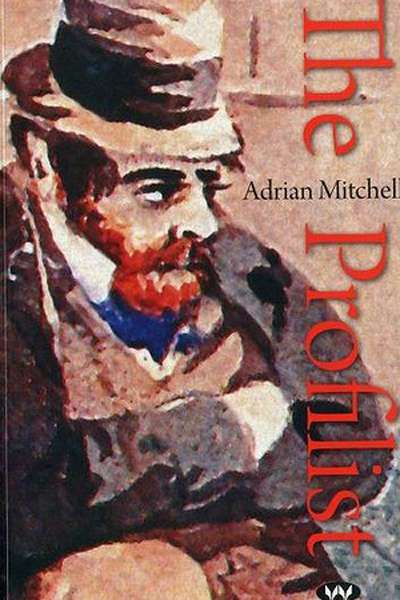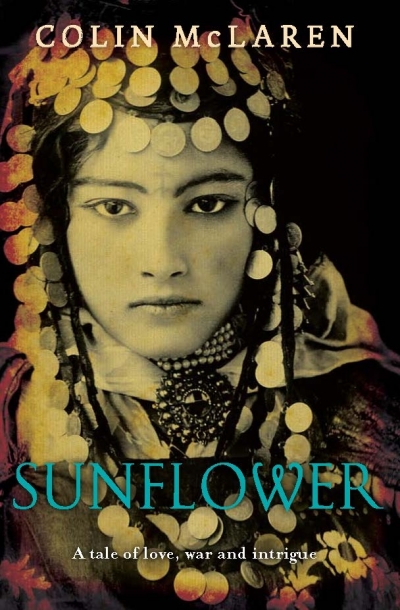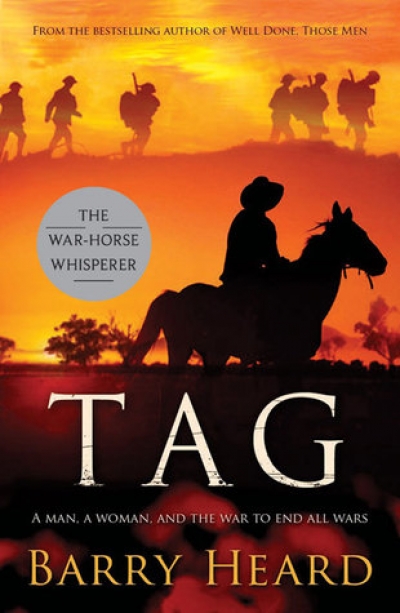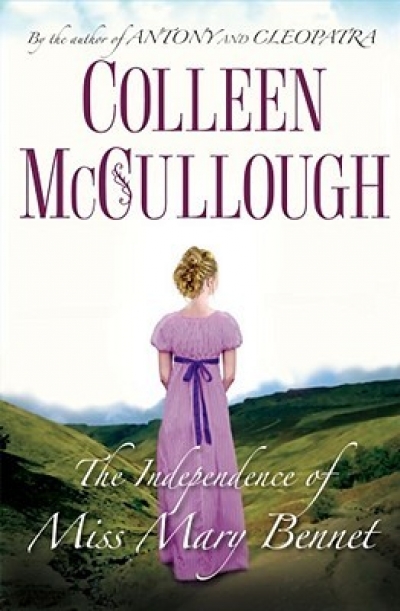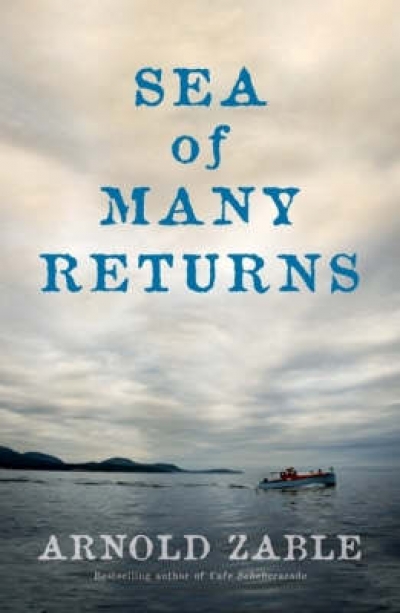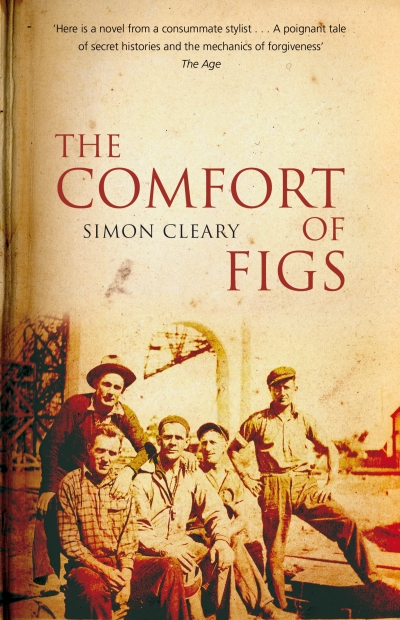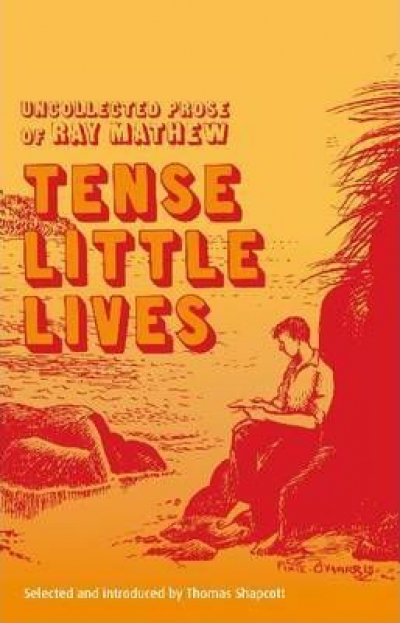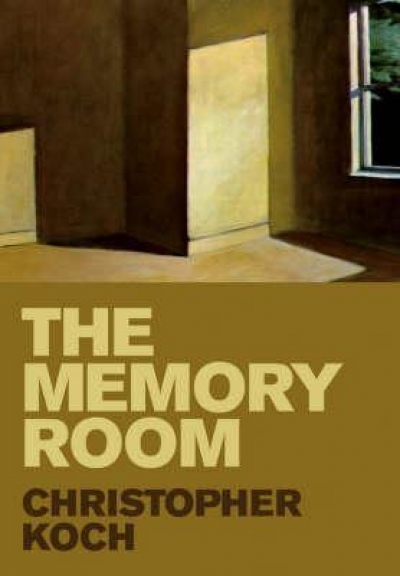Adrian Mitchell
Across the decades, on both sides of the Great Divide and at campfires and barbecues, in pubs and public halls and class-rooms, ‘Banjo’ Paterson, Henry Lawson and C.J. Dennis have been recited, selectively quoted, and parodied. Their most popular works have migrated into Australian folklore; hardly surprising, as what they wrote largely derived from the tradition of bush ballads and bush yarns. Theirs have become our stories, familiar, reassuring of our cultural roots and attitudes. To some extent, they are a kind of comfort literature.
... (read more)Tag: A man, a woman, and the war to end all wars by Barry Heard
When I was a student, the professor used to say that Australian literature had no intellectual content. That was the way professors spoke back then. He might have had A.B. ‘Banjo’ Paterson in mind; Paterson was an enormously popular writer, who didn’t let difficult ideas get in the way. Paterson is the sort of writer who goes straight to the sentimental core of his material. He does not chase after profundities or wrestle with conceptual difficulties.
Paterson could not care less about professorial pursed lips and all that. When, in 1895, his first volume, The Man from Snowy River, and Other Poems, was published, it sold out within a week. Paterson was a sensation, both here and abroad. The Times enthused, and Rudyard Kipling, with whom Paterson was immediately compared, congratulated Angus & Robertson, the publishers.
... (read more)
